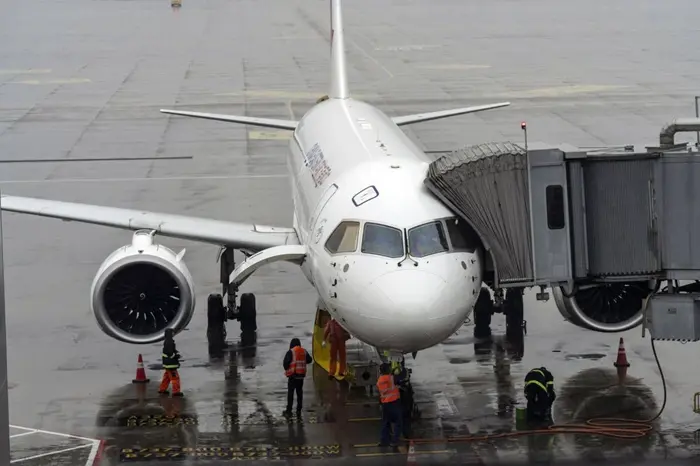In a significant move impacting global air travel, international airlines have started reducing flights to China, citing challenges posed by the Russian airspace ban and concerns over slowing economic growth. The decision is seen as a reflection of waning demand for business travel, exacerbated by China’s economic slowdown.
Since the beginning of October, several major airlines have scaled back their services to China, while Chinese carriers have gained a competitive edge by being able to fly over Russian airspace, offering shorter routes to Europe. Industry analysts attribute the shift to both geopolitical and economic factors.
Virgin Atlantic, a UK-based airline, is set to suspend its long-standing Shanghai-London Heathrow route this Saturday, marking the end of a 25-year service. British Airways will also cease its flights between Heathrow and Beijing Daxing Airport on the same day, according to aviation industry reports.
Sweden’s Scandinavian Airlines will discontinue its Copenhagen-Shanghai route on November 7, while Australia’s Qantas has already canceled its Sydney-Shanghai service. German airline Lufthansa is also reportedly evaluating whether to suspend its Frankfurt-Beijing route, following deliberations last month.
The reduction in flights highlights the challenges international airlines face in maintaining profitability amid the dual pressures of restricted airspace and weakened demand for corporate travel. As China’s economic growth slows, the outlook for future business travel appears uncertain, further complicating the global aviation landscape.
Related Topics:
Where to Get Souvenirs in Chicago
Where to Stay in Chicago Suburbs

